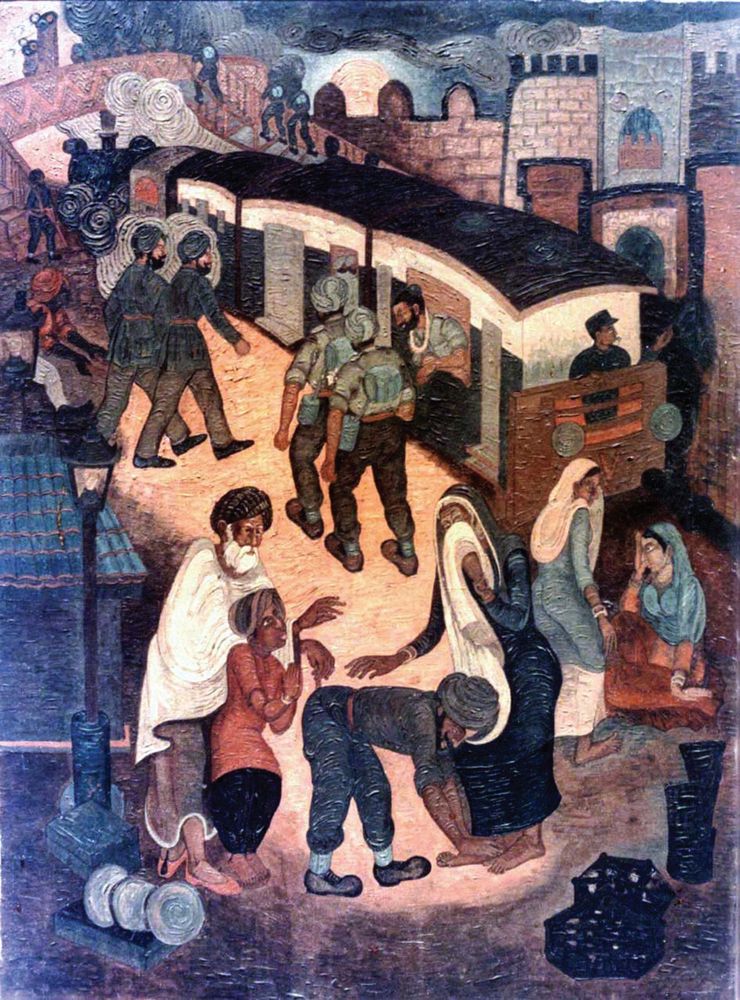
LN: https://www.liberatingnarratives.com/
Bram: https://www.bramhubbell.com

![Because the land had trade goods, … such as ivory, tortoise-shell, panther skins, and ambergris, and because they [Arab and Persian traders] wanted to obtain Zanj [slaves], … they could not take it because the town is surrounded by a strong wall and an estuary, in the middle of which Qanbalu is like a castle.](https://cdn.bsky.app/img/feed_thumbnail/plain/did:plc:jliod2tv25qxuemsrggwbzur/bafkreigujij7ficrd65kfimmv3whwpd4k5hl7rquf5fkfaprpy2zi6k3s4@jpeg)





🗺️🗃️


🗺️🗃️

🗺️🗃️ #haitianrevolution

🗺️🗃️ #haitianrevolution

🗺️🗃️




🗺️🗃️
🗺️🗃️

🗺️🗃️
🗺️🗃️
(🧵1/2)


🗺️🗃️
(🧵1/2)
We need to highlight more Black, Indigenous, and female voices in the Age of Revolutions
🗃️ 🗺️


We need to highlight more Black, Indigenous, and female voices in the Age of Revolutions
🗃️ 🗺️

There were lots of uprisings!

There were lots of uprisings!

Here’s a postcard from French Senegal (c.1905)

Here’s a postcard from French Senegal (c.1905)
A good cartoon can show students that nationalism and greed caused imperialism

A good cartoon can show students that nationalism and greed caused imperialism
Students don’t need to color in maps of colonies.

Students don’t need to color in maps of colonies.

A Thread
🗺️ 🗃️

A Thread
🗺️ 🗃️
I’m wondering who would be interested.
🗺️🗃️


I’m wondering who would be interested.
🗺️🗃️


